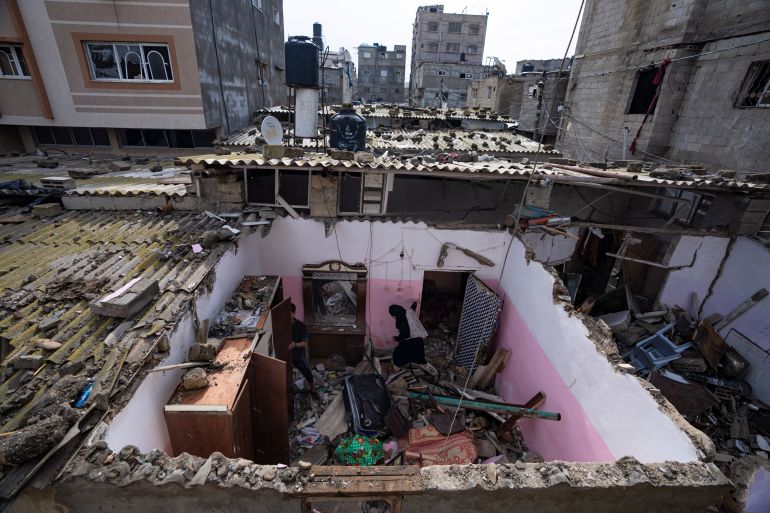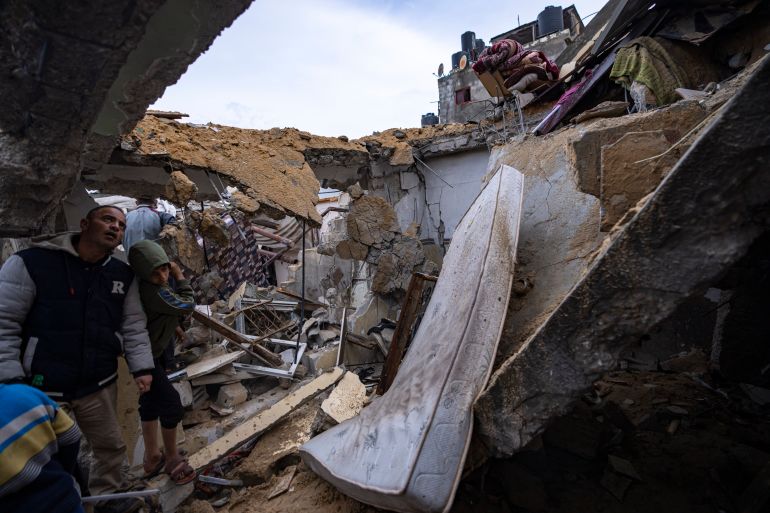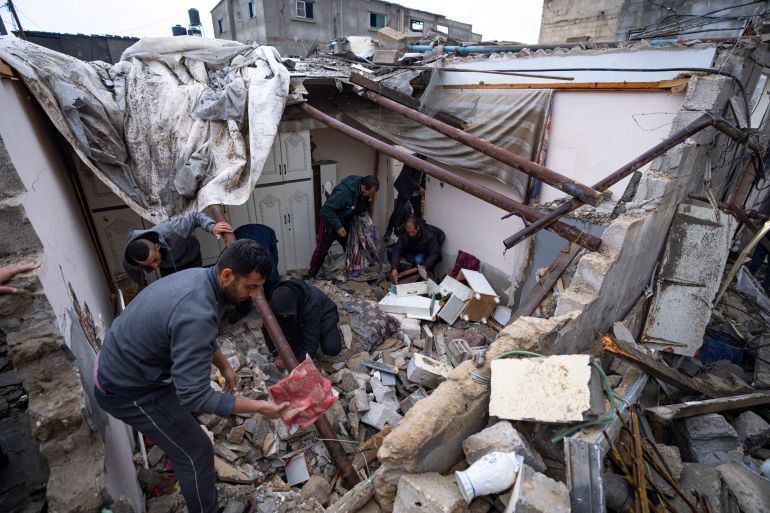In fairness I would say that the Khazar theory is one of those things that, on the face of it, does not appear to be problematic as a proposal; but 95% of the time it seems to be genuine antisemites pushing it. That’s been my experience of encountering it online for many years anyway.
I am genuinely interested in your reference to Chomsky’s understanding of the violence of 1929. I’m not a ardent defender of Chomsky, he’s as open to criticism as anyone else writing on this topic, and his most enthusiastic fans do tend to regard his word as semi-divine and defend it accordingly. But I have a particular interest in 1929 right now and although it’s never occurred to me to check what Chomsky has written on it (after all he’s not a historian or an Israel-Palestine specialist at all), your post prompted me to check his
Fateful Triangle for any references. In the midst of a very brief overview of the British Mandate period, which I would agree heavily reflects the standard Arab narrative of those years, he has a paragraph on 1929 that actually wouldn’t look out of place in an Israeli school textbook:
“They repeatedly resorted to terrorist violence against Jews. The most extreme case was in late August 1929, when 133 Jews were massacred. The “most ghastly incident” was in Hebron, where 60 Jews were killed, most of them from an old Jewish community, largely anti-Zionist; the Arab police “stood passively by while their fellow Moslems moved into the town and proceeded to deeds which would have been revolting among animals,” and a still greater slaughter was prevented only by the bravery of one member of the vastly undermanned British police. Many were saved by Muslim neighbors.”
So I’m intrigued as to whether he has subsequently revised his understanding of that awful episode, and if so what new sources might have prompted him to do so. Or perhaps you feel the above quote represents a misinterpretation in some way?




